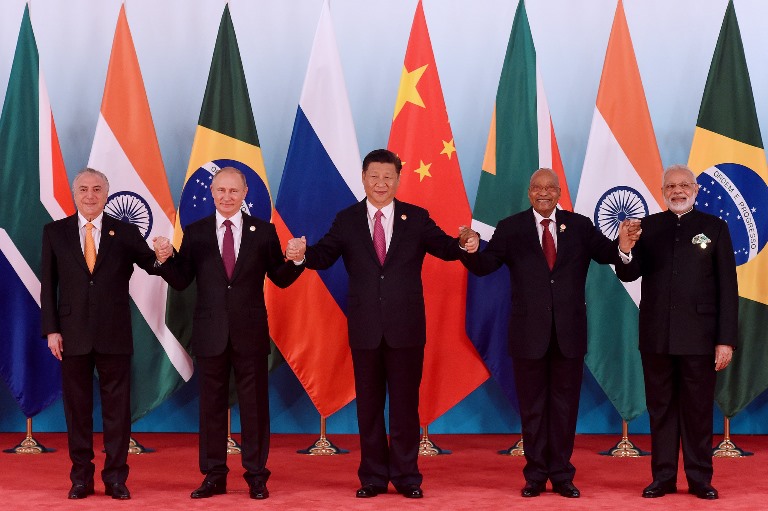Balancing Act of the U.S. Foreign Policy and Human Rights in the Israel-Palestine Conflict
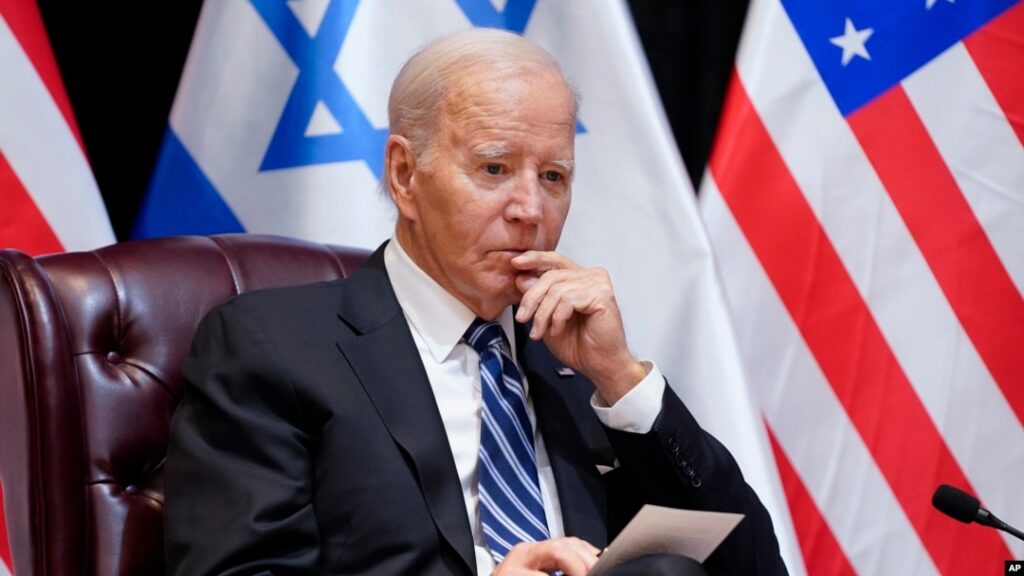
On the 20th of February, a resolution advocating for a ceasefire, supported by Algeria, was submitted for voting to the United Nations Security Council. The resolution was voted upon, narrowing the voting down to 13 in Favor of the ceasefire, United Kingdom abstaining and the United States vetoing the resolution. This is the third time; the United States has vetoed a resolution on ceasefire between Israel and Palestine since the October 7th attacks. The allies of the United States have expressed regret over the United States decision to veto the ceasefire proposal. According to the US, this motion calls to “Jeopardize” the talks to end the war. According to Algeria, the UNSC has failed once again to take concrete action upon war crimes being committed by Israel
The United States is a champion of democracy and Human rights yet in the case of Israel, it shows its sympathy for Israel regardless of it’s killing of 18,000 Palestinians that include innocent children and women as well. Israel should be held accountable according to the international law, Specifically, the Geneva Conventions and their Additional Protocols that contain explicit provisions for the protection of women and children. Firstly, The Fourth Geneva Convention and Additional Protocol I stipulate special care and respect must be given to children, who are to be protected against any form of indecent assault, and measures must be taken to ensure their education and care if they are orphaned or separated from their families. The recruitment of children under the age of 15 into armed forces or groups and their participation in hostilities is also prohibited. Secondly, Women are afforded general protection from violence, particularly against rape, enforced prostitution, or any form of indecent assault. Additional Protocol II, relating to non-international armed conflicts, specifically prohibits violence to the life, health, and physical or mental well-being of persons, in particular murder, mutilation, cruel treatment, and torture, and it explicitly mentions that outrages upon personal dignity, in particular humiliating and degrading treatment, rape, enforced prostitution, and any form of indecent assault are prohibited. Sadly, all the conditions mentioned above are fully met by Israel, while the Champion of democracy and Human rights remains non-committal to the cause it champions for.
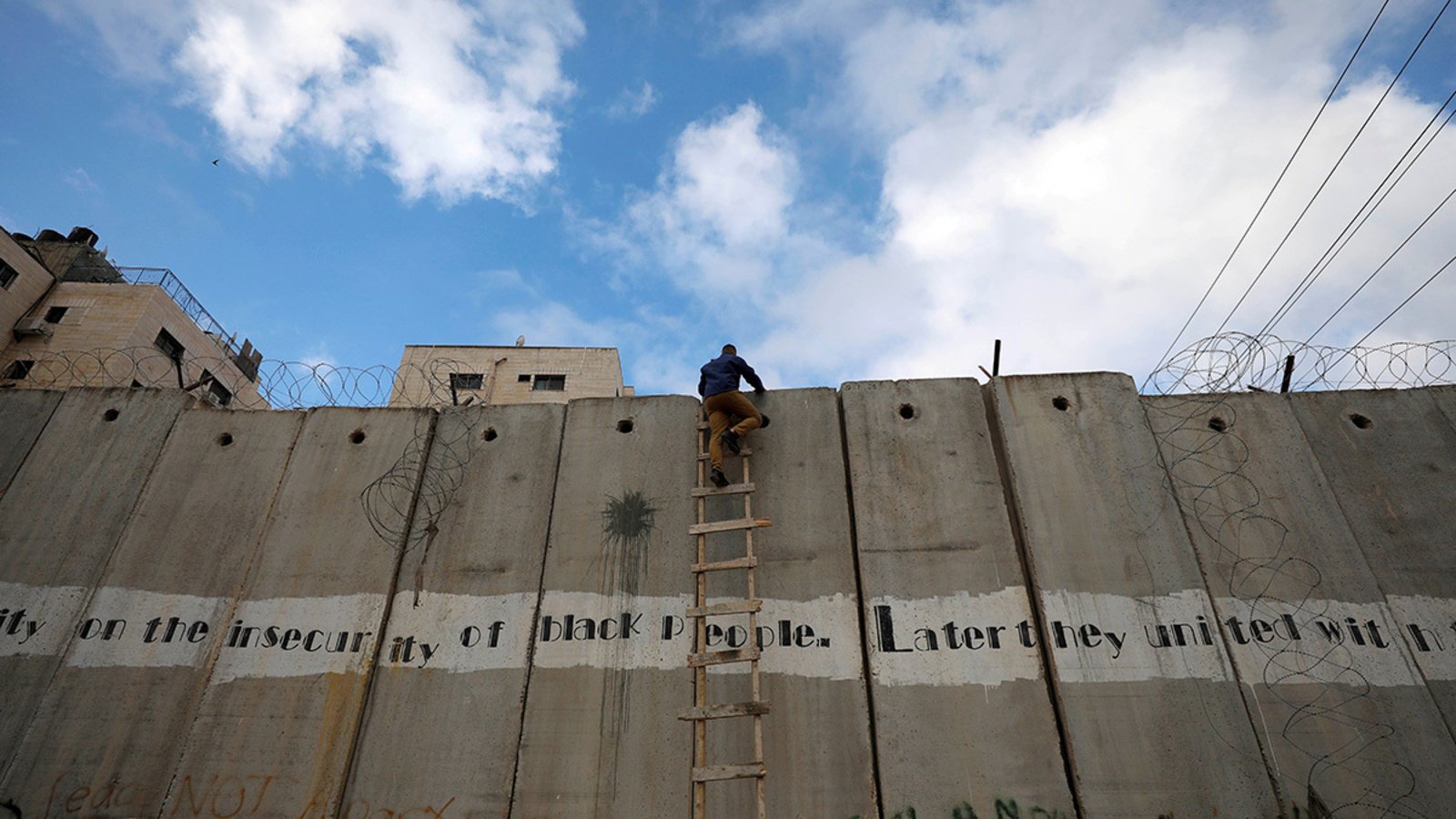 While there is a certain shift in the attitude of the people of the United States, due to the election coming ahead the word Ceasefire has been used for the first time in a draft they have proposed to the UNSC ever since the October 7th attacks. A recent Gallup survey revealed that 45 percent of Americans were not in favour of Israel’s military operations in Gaza. The poll highlighted that opposition was particularly strong among Democrats (63 percent), people of colour (64 percent), and the younger demographic aged 18-34 (67 percent), all expressing disapproval of the conflict. Furthermore, only 32 percent of Americans expressed approval for how President Joe Biden managed the situation between Israel and Hamas. While 60% of the American population support a ceasefire in the conflict, only 11% of lawmakers in the Congress agree. The draft resolution in the UNSC drafted by the US calls for a “temporary ceasefire in Gaza as soon as practicable,”. In the defense of the United states, immediate ceasefire will be harmful for the negotiations that are taking place between the Israel and Hamas. Similarly, the United states has called for “phased release of hostages”.
While there is a certain shift in the attitude of the people of the United States, due to the election coming ahead the word Ceasefire has been used for the first time in a draft they have proposed to the UNSC ever since the October 7th attacks. A recent Gallup survey revealed that 45 percent of Americans were not in favour of Israel’s military operations in Gaza. The poll highlighted that opposition was particularly strong among Democrats (63 percent), people of colour (64 percent), and the younger demographic aged 18-34 (67 percent), all expressing disapproval of the conflict. Furthermore, only 32 percent of Americans expressed approval for how President Joe Biden managed the situation between Israel and Hamas. While 60% of the American population support a ceasefire in the conflict, only 11% of lawmakers in the Congress agree. The draft resolution in the UNSC drafted by the US calls for a “temporary ceasefire in Gaza as soon as practicable,”. In the defense of the United states, immediate ceasefire will be harmful for the negotiations that are taking place between the Israel and Hamas. Similarly, the United states has called for “phased release of hostages”.
The International arena has expressed it’s regret over this decision made by the United states. Moscow has claimed that it is a “license to kill” granted to Israel by the United states while China has claimed, “this will develop a more dangerous situation”. Additionally, the statement made by the former assistant secretary of state for political and military affairs, aims to assure Israel that weapons will be resupplied with weapons at burn rate. The US has pledged F-35 jets to the Israel air defense along with CH-53 heavy lift helicopters. The United States has previously pledged $38 billion to Israel in military aid for the period from 2019 to 2028. This agreement has been considered the largest such aid package in American history. It was signed in 2016 during the administration of President Barack Obama. It is intended to support Israel’s military needs and strengthen its security, emphasizing the enduring commitment of the United States to the security of Israel. An extra 14 billion dollars has been pledged by the Biden administration in 2023.
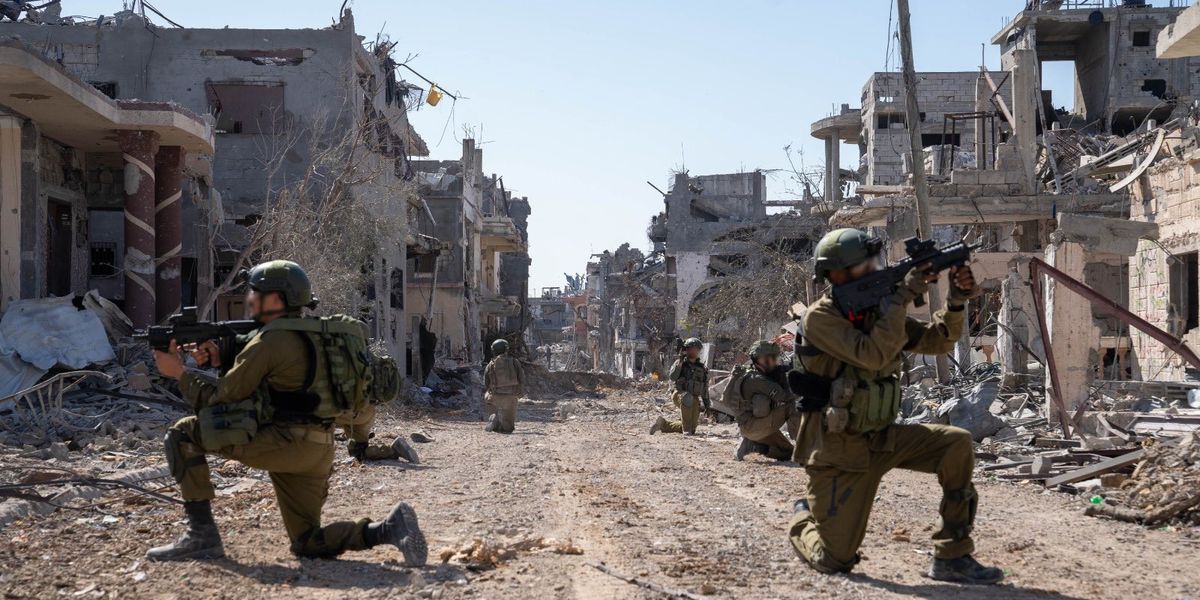
The question that arises is that why has the US shown such unwavering support in the case of Israel, but previously shown strong discontent in the case of Libya in 2011 or Iraq in 2003. There are a few factors that I would like to highlight:
- Common enemy: History has show that in the time of the holocaust, before even Israel was born, the jews and the US had a common enemy that were the Nazis of Germany. Another incident is from the cold war, the US and Israel had a common enemy once again, that was the Soviet Union’s communism. So historically, the US and Israel have been on the same side of history.
- Common Regional enemy: Iran is said to be a common enemy for the United states and Israel. Iran has claimed from time to time that the day it acquires nuclear weapons, it will destroy Israel. America is considered as a source of all evil by Iran. While, America thinks Iran is source of Islamic fundamentalism in the region.
- Strategic ally: Israel is strategic ally to the US in a volatile region. Israel’s willingness to share intelligence with US is viewed as an asset in mitigating regional threats such as Iran and protecting the Interests of the United states in the region.
- Sharing common democratic values: The United States view Israel as a “Lone democracy in a region characterized by authoritarian regimes”. They share common democratic values, freedom of speech, freedom of press that has led to a natural partnership between the two ally states.
- Protection of Interest: Many of the MNCs that run the US economy have their development centers located in Israel including IBM, Intel, Yahoo etc.
- Pre-emptive Measures: The United States has actively engaged in pre-empitive measures to deter any kind of threat it faces; a similar situation is seen in the case of Israel. The United states is pre-emptively providing military packages and latest ammunition in order to create fear among the Hamas. According to Israel, their bombing in Rafah is a mechanism of self-defense used in order to deter the possibility of any attacks made by the Hamas in the future.
- Pro-Israel Lobby: There is a lobby that exists it within congress known as AIPAC, the American Israel Public Affairs committee, that actively engages in efforts to propose bills that are in favor of Israel.
The recent veto by the United States against a ceasefire resolution in the Israel-Palestine conflict underscores the complexities of international diplomacy and U.S. foreign policy. This action highlights the balancing act between strategic alliances, democratic values, and the imperatives of international law. As public opinion within the U.S. shows signs of shifting, particularly in the context of upcoming elections, there is an emerging discourse on reconciling America’s global role with its commitment to human rights. This situation calls for a reflective examination of policy decisions to ensure they align with the ethical standards the U.S. seeks to champion on the world stage.
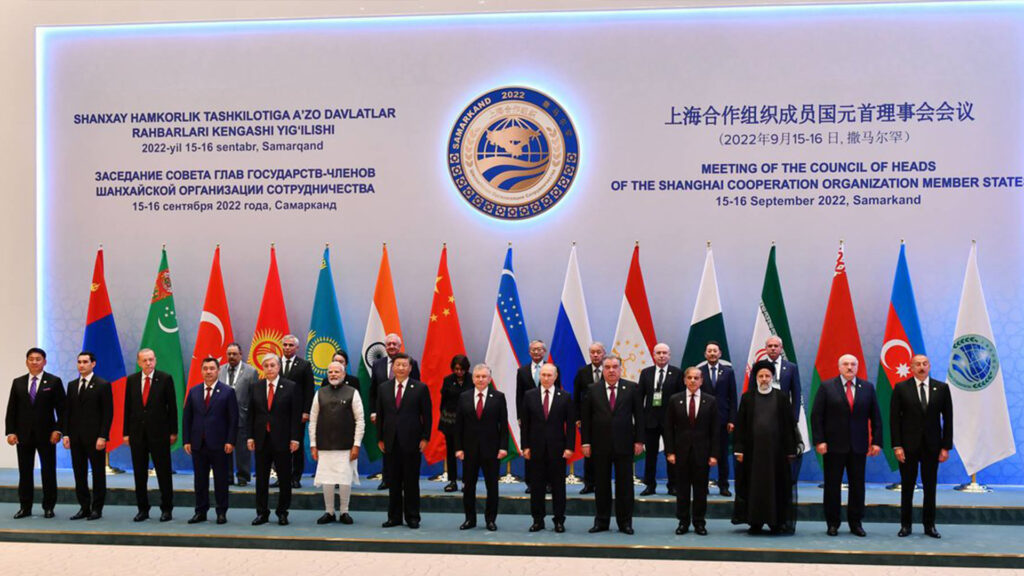
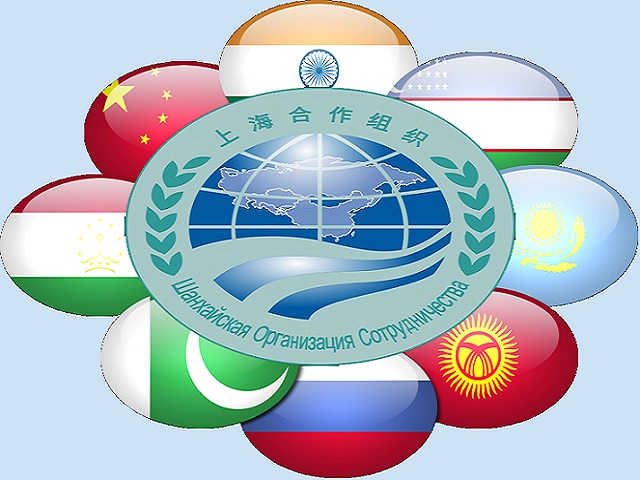
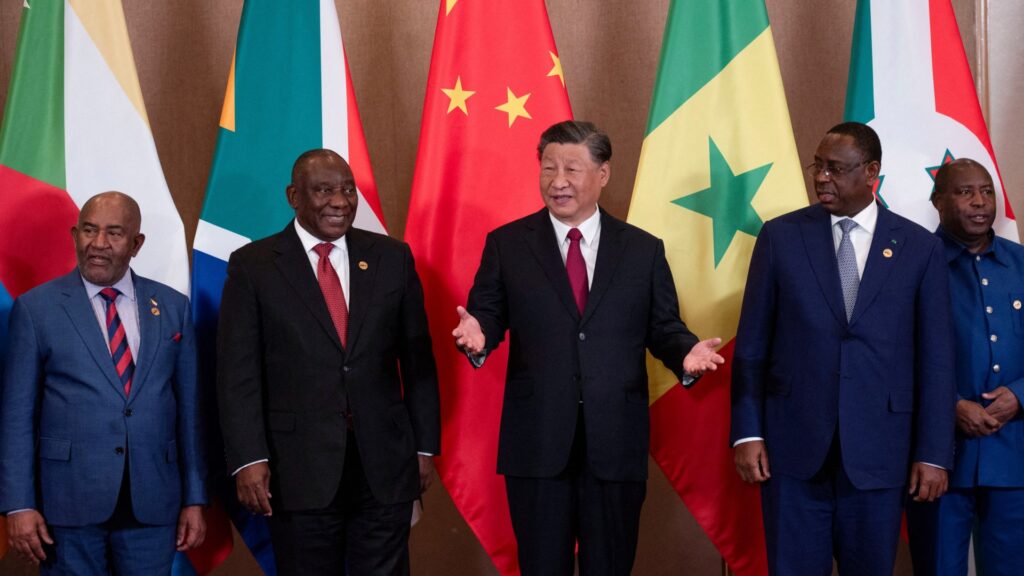
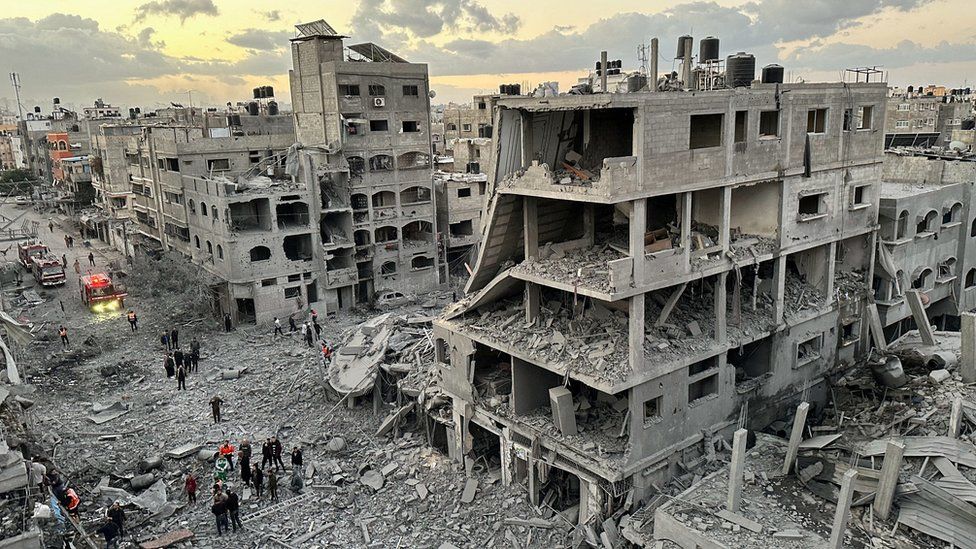
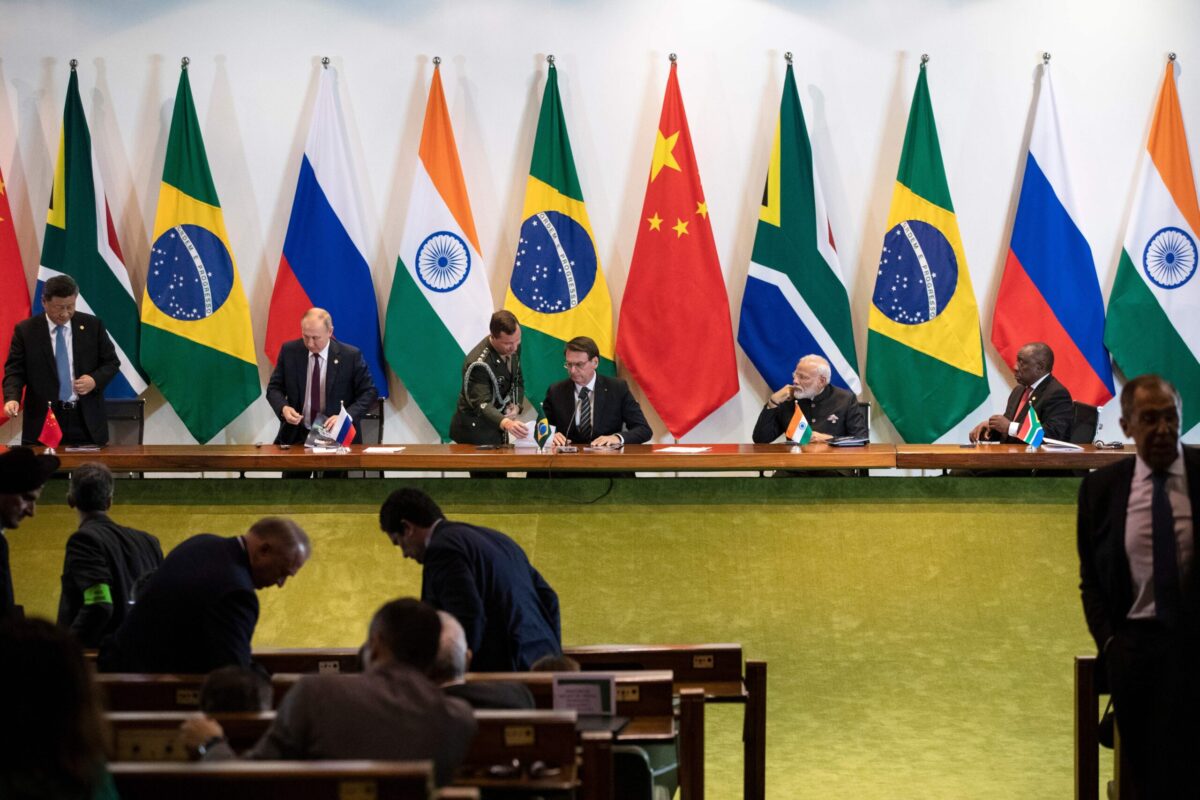 Putin and Xi hit more focused notes, asking for a cease-fire and the release of civilian hostages. Both the countries unleashed the same level of criticism on Israel’s atrocities in Gaza.
Putin and Xi hit more focused notes, asking for a cease-fire and the release of civilian hostages. Both the countries unleashed the same level of criticism on Israel’s atrocities in Gaza.
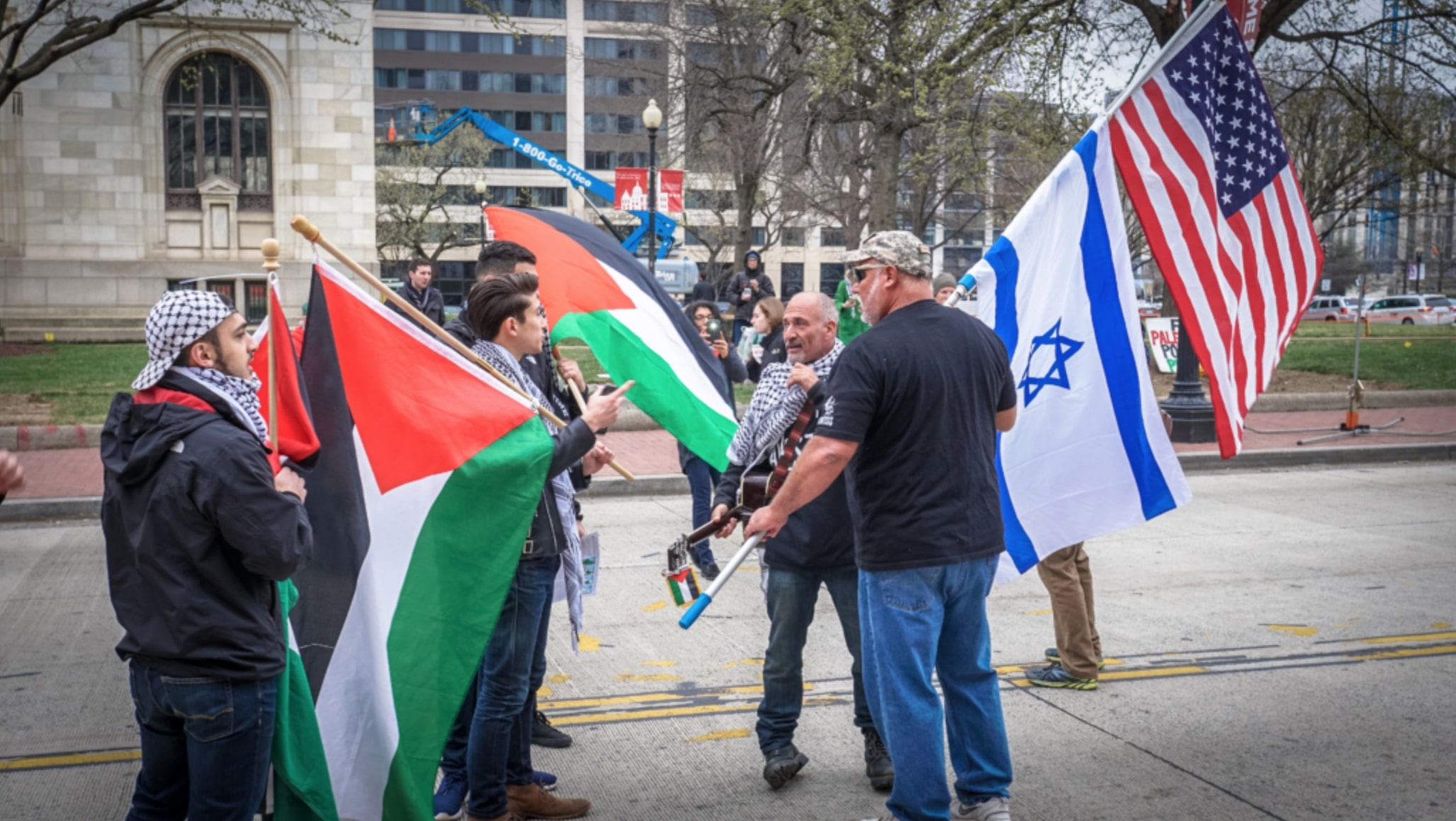
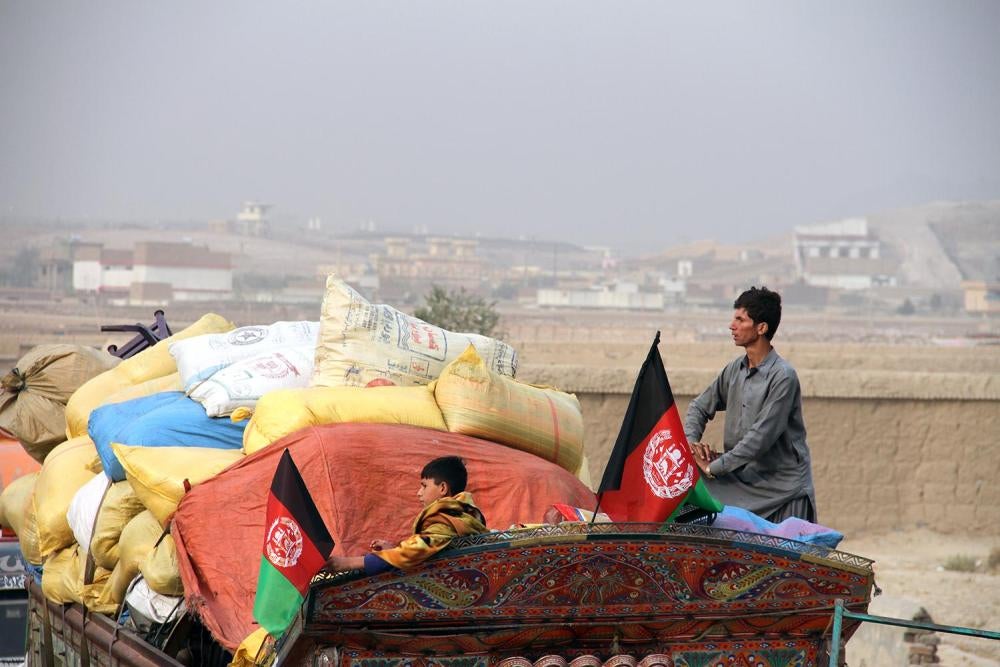
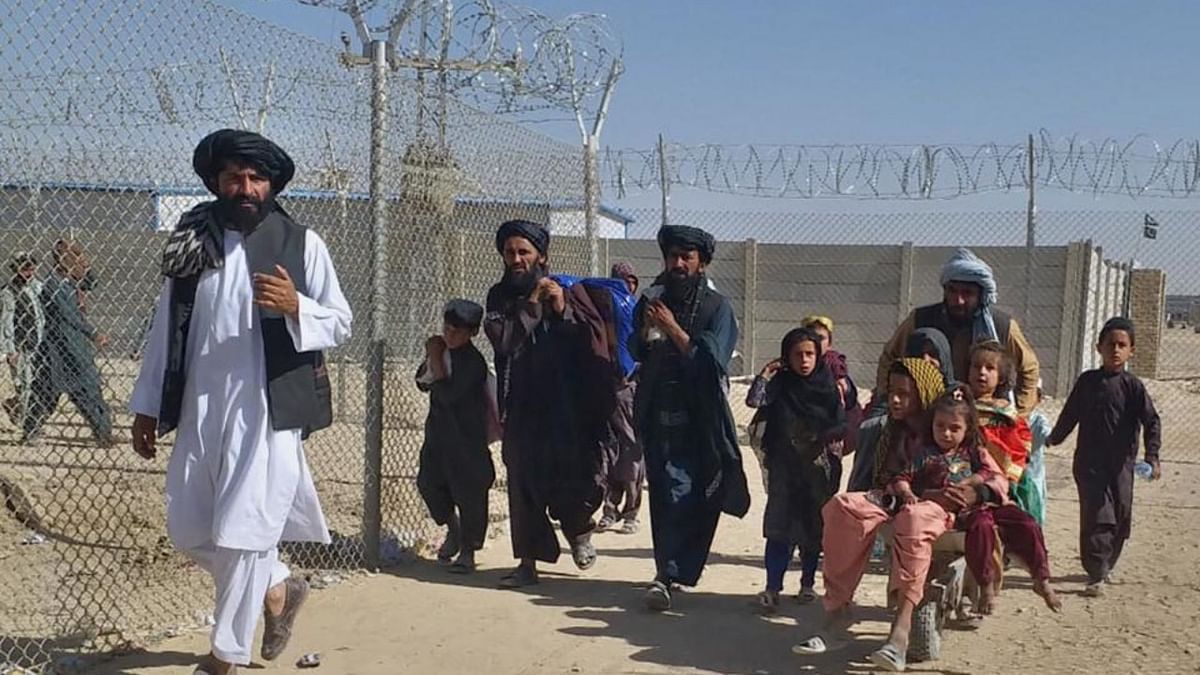 A legislation pertaining to the deportation of 1.7 million refugees who were not officially registered with the Pakistani government was recently passed. Considering this, legislation is currently being implemented, and a nationwide crackdown has been launched after the time for voluntary returns collapsed. The most recent influx of refugees was of 600,000 consequently after the Taliban takeover in Afghanistan. The question that arises is that, is it a viable solution for countries to forcibly deport refugees into countries where they have previously faced persecution?
A legislation pertaining to the deportation of 1.7 million refugees who were not officially registered with the Pakistani government was recently passed. Considering this, legislation is currently being implemented, and a nationwide crackdown has been launched after the time for voluntary returns collapsed. The most recent influx of refugees was of 600,000 consequently after the Taliban takeover in Afghanistan. The question that arises is that, is it a viable solution for countries to forcibly deport refugees into countries where they have previously faced persecution?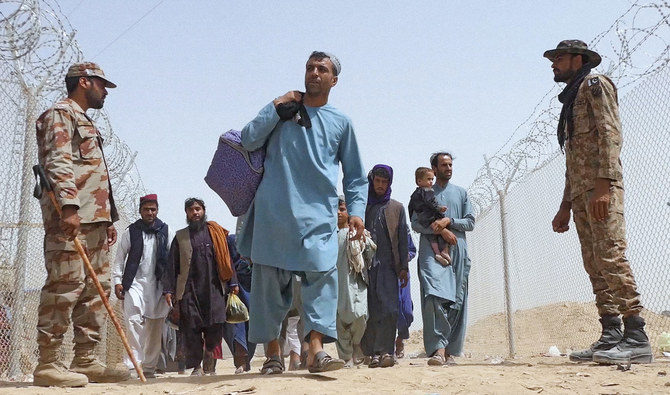
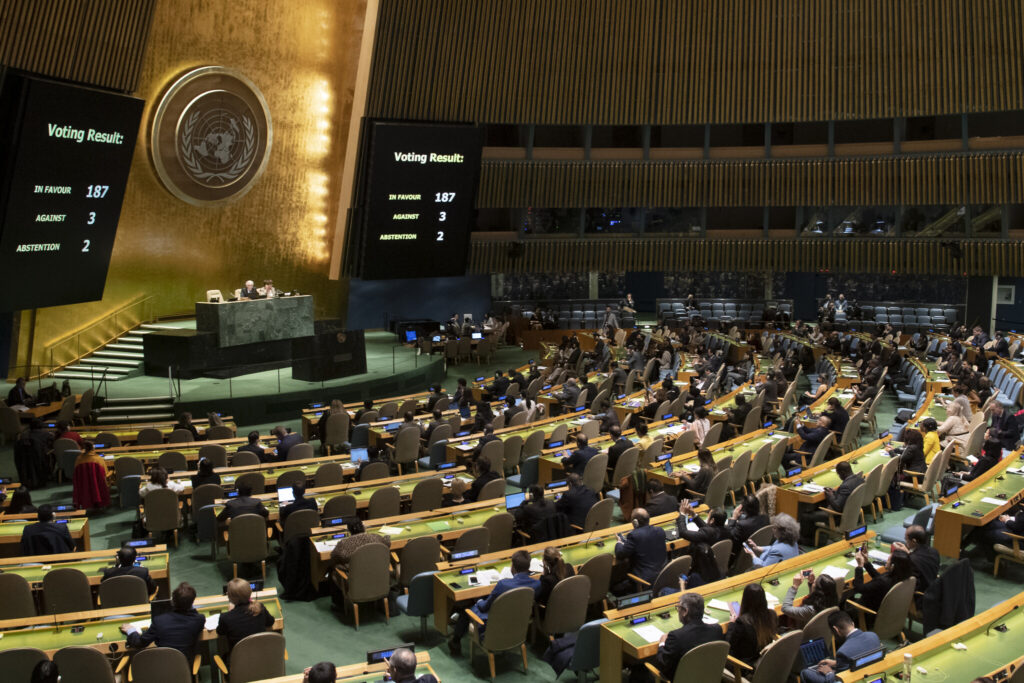
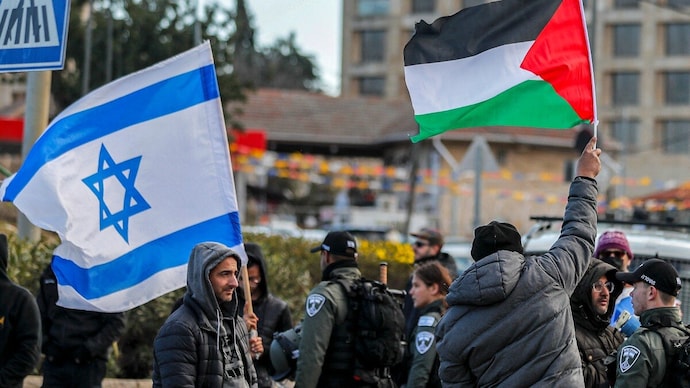
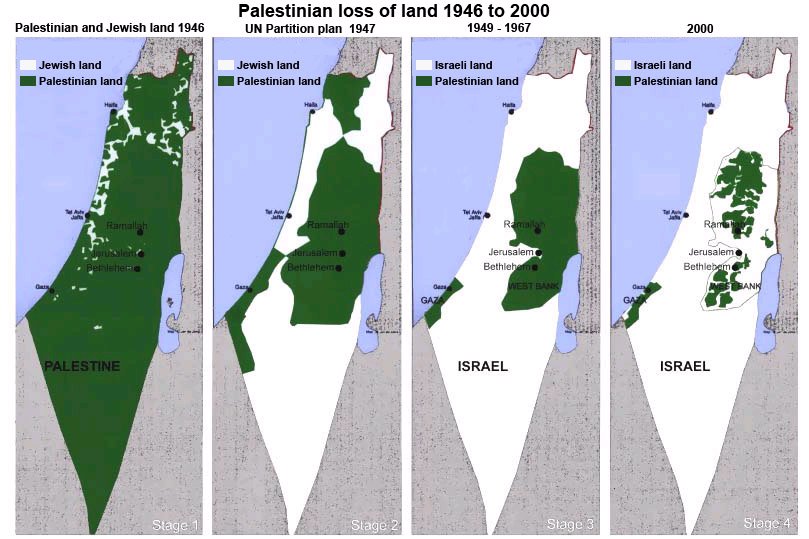
 First Arab-Israel war 1948-1949:
First Arab-Israel war 1948-1949: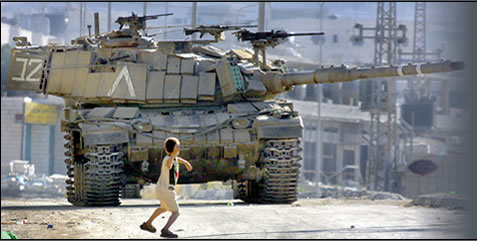
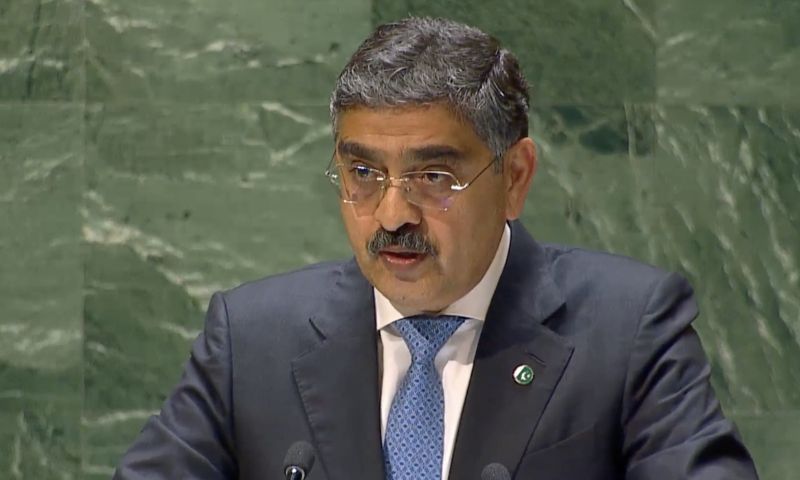

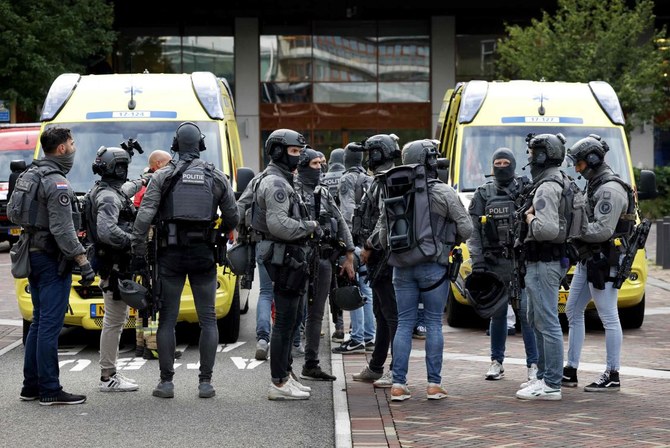
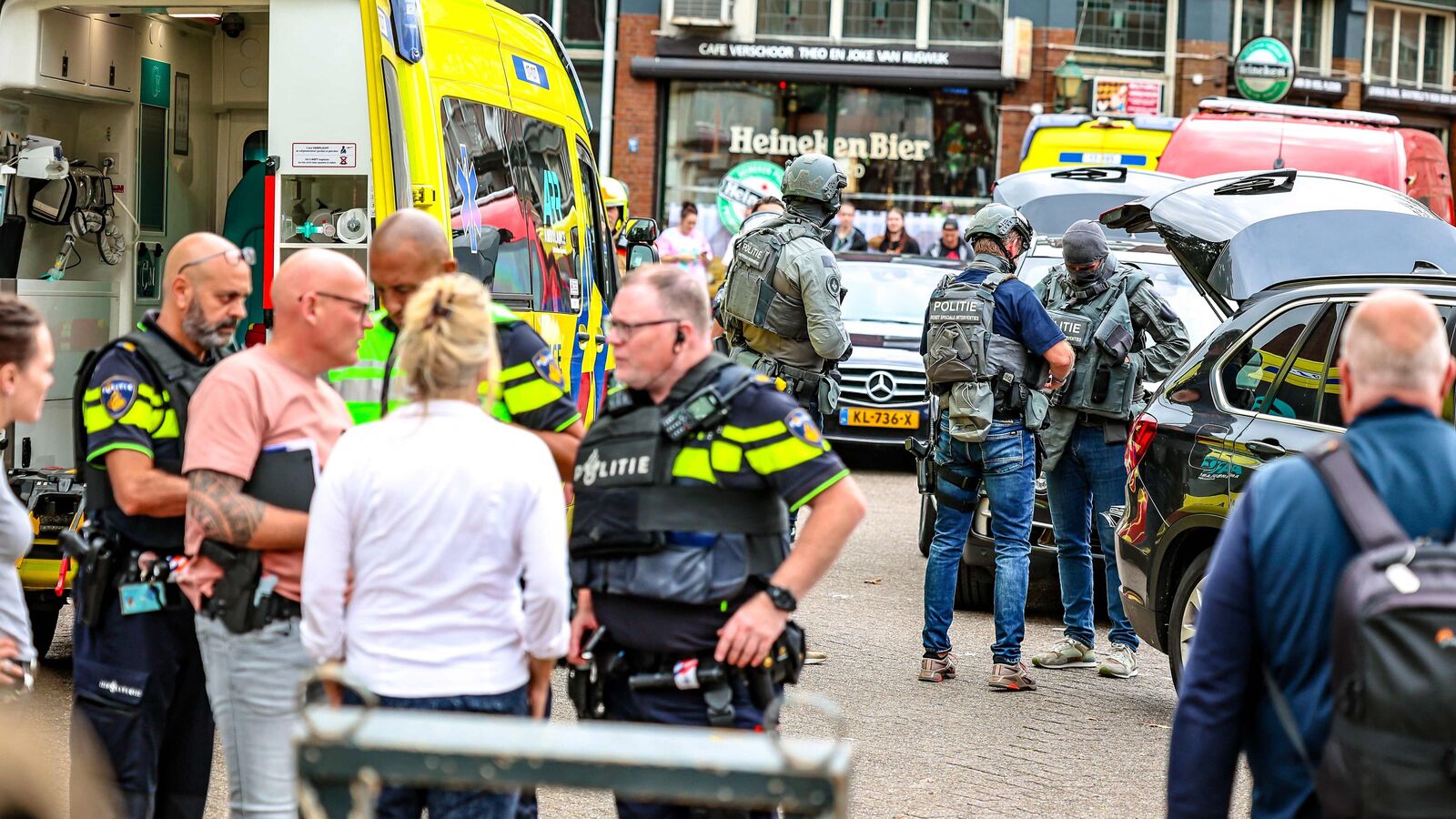

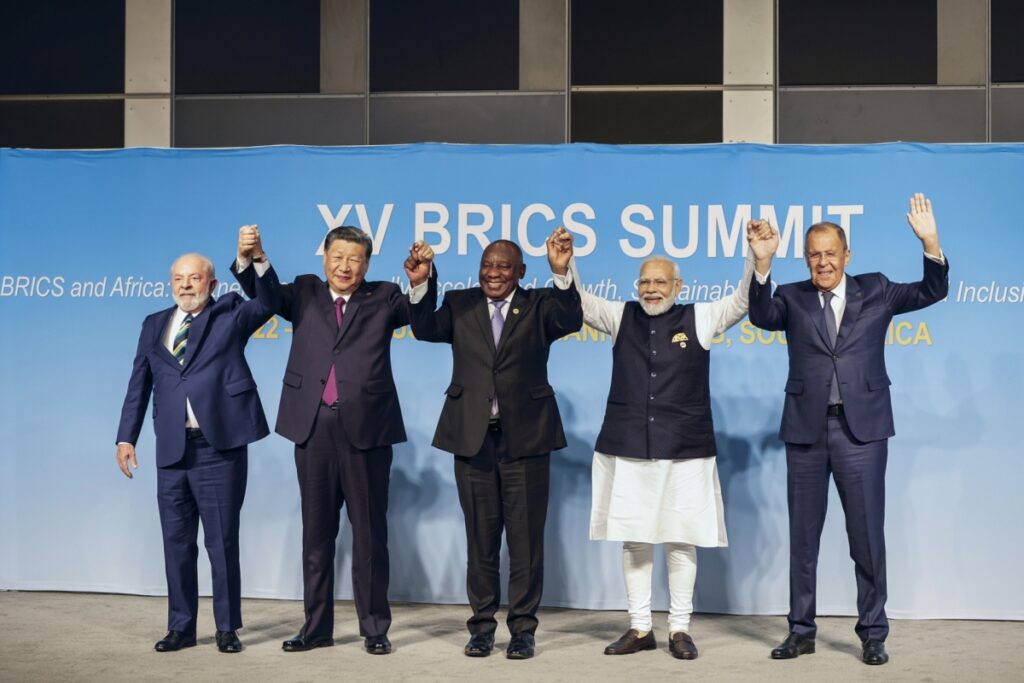
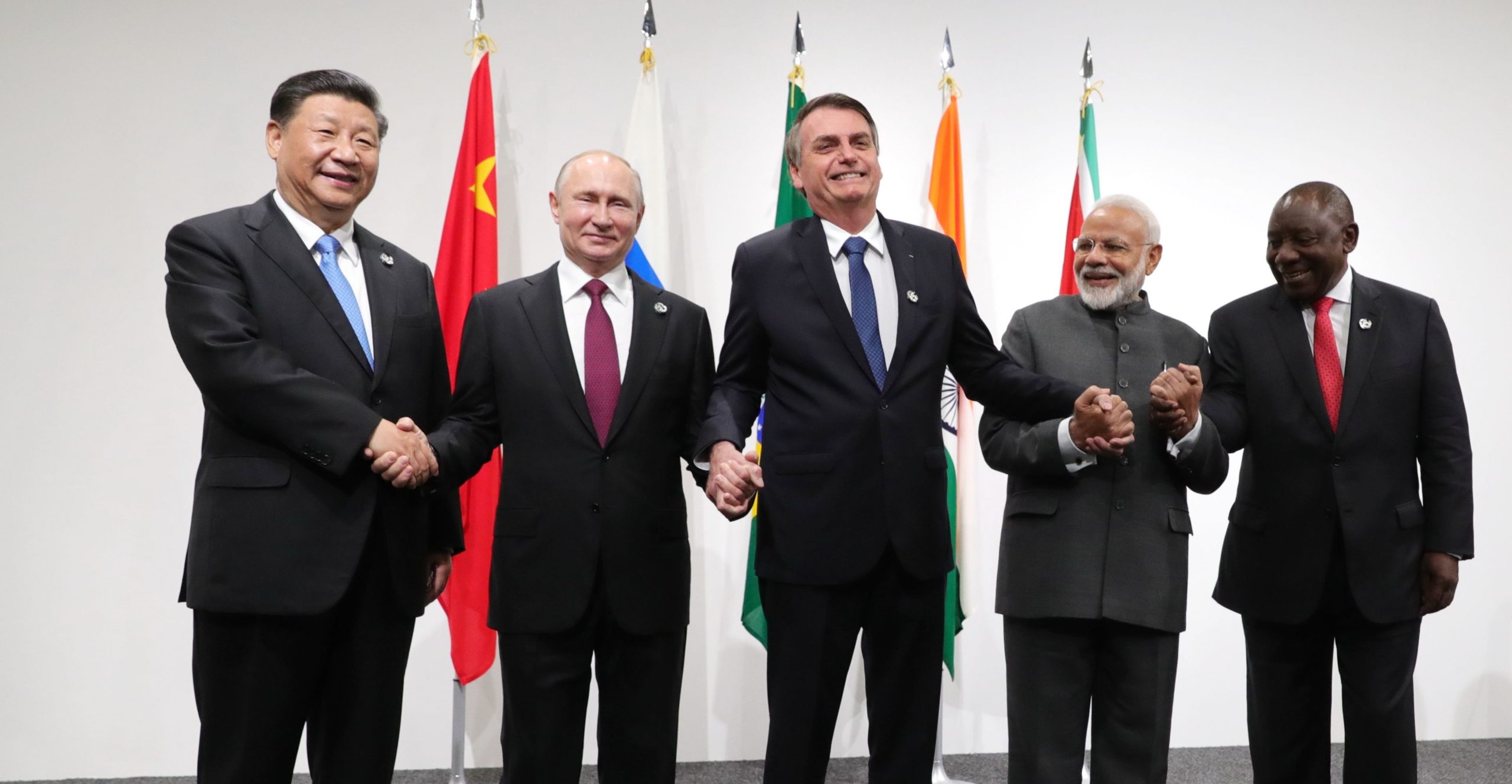 The BRICS+6 alliance is making more of an impact on the global scene. In international organizations like the G20 and the UN, the group is taking the initiative. Additionally, the group is creating fresh regional coalitions, like the Shanghai Cooperation Organization (SCO).
The BRICS+6 alliance is making more of an impact on the global scene. In international organizations like the G20 and the UN, the group is taking the initiative. Additionally, the group is creating fresh regional coalitions, like the Shanghai Cooperation Organization (SCO).